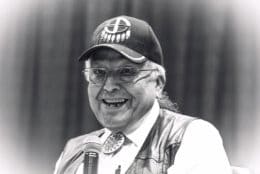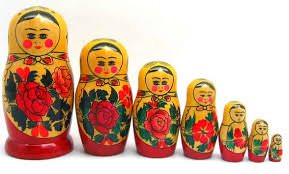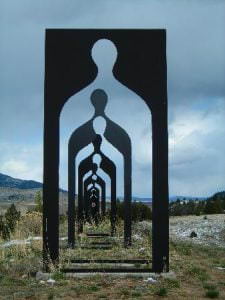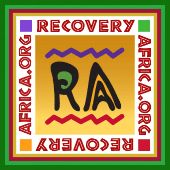Search Results
My relationships with White Bison founder Don Coyhis and with the Native American Wellbriety Movement are among the most important influences on my recovery advocacy and recovery research activities. I first met Don in the late 1990s as rumblings of a new addiction recovery advocacy movement in the United States were just beginning. In the years that followed, Don and I had innumerable opportunities to collaborate. We served together on boards of recovery advocacy organizations, shared speaking platforms at national conferences, and co-authored numerous articles and a book on the history of recovery in Native America. Through those years we mentored each other and became endeared friends—brothers of another mother, as is sometimes said.
Read MoreApril 15, 2016
Essentially, it is thought that the negative effects emanating from group trauma experiences are not only transferred across generations, but that these effects accumulate, such that events occurring at different points in history are part of a single traumatic trajectory.—Amy Bombay, Kimberly Matheson, and Hymie Anisman
Wakiksuyapi, those carrying the historical trauma, can transcend trauma through a collective survivor identity and a commitment to traditionally oriented values and healing. Maria Yellow Horse Brave Heart
Read MoreIt is a profound blessing to be part of something so much greater than ourselves—to contribute to a movement with full knowledge that its greatest fruits will be harvested by generations to come. If you have been graced with the promises of recovery or have lost someone to addiction, come join us in creating a world in which a message of hope is extended to all who still suffer and in altering the community landscapes in which such suffering flourishes. Addiction has long been marked by intergenerational legacies of pain and despair; personal/family recovery and recovery advocacy offer opportunities to replace such traumatic inheritances with legacies of hope, resilience, and active resistance. Join us. Let’s Go Make Some History.
Read MoreThe famed historian Barbara Tuchman once observed that the historian’s greatest challenge was capturing the history of the present—or as she put it, history that is “still smoking.” There is much within the worldwide history of addiction recovery that is still smoking…Collectively christened the recovery revolution, these developments are touching individuals, families, communities, and cultures in profound ways that warrant careful historical documentation. As a historian of addiction treatment and recovery in the United States, I can assure you that many past chapters within this history have been lost with only faint rumors of their existence remaining. It is my hope that the same will not be true of recovery within our current era. For those of you with a potential interest in preserving this history, listed below are activities that could help prevent such a loss.
Read MoreThe rise of an international recovery advocacy movement is, country by country, expanding the physical, psychological, social, and political space in which long-term personal and family recovery can flourish. Earlier posts have highlighted such efforts in Canada, the UK, the Islamic Republic of Iran, Australia, Japan, the Philippines, and East Africa. Today, we explore recovery advocacy in the Republic of Ghana in West Africa.
Read MoreNew Recovery Advocacy Movement Basics Definition- The New Recovery Advocacy Movement (NRAM) is a social movement led by people in addiction recovery and their allies aimed at altering public and…
Read MoreCorresponding to the ten-year rise of a powerful grassroots recovery advocacy lobby, we’re also seeing a growing nationwide network of recovery community centers providing practical and vocational services in an environment characterized by activist Tom Hill as “recovery nurturing.” Meeting identified service gaps, these centers are responding with increased efficacy and sophistication to the acknowledged inadequacy of “treating a chronic disease as if a crisis intervention would be enough.”
Read MoreDo peers have a unique way of connecting with clients? As the treatment of addiction moves inexorably toward inclusion in the larger healthcare system, with its standards of evidence-based care,…
Read MoreI have written a good deal about the harmful effects of money on social movements – particularly about how recovery advocacy movements can be harmed by too much money, too…
Read MoreOver 23 Million Americans Are In Recovery From Addiction — America Honors Recovery Is The Preeminent Awards Ceremony Highlighting The Accomplishments Of The Most Influential Addiction Recovery Advocates WASHINGTON, D.C.—June…
Read More





